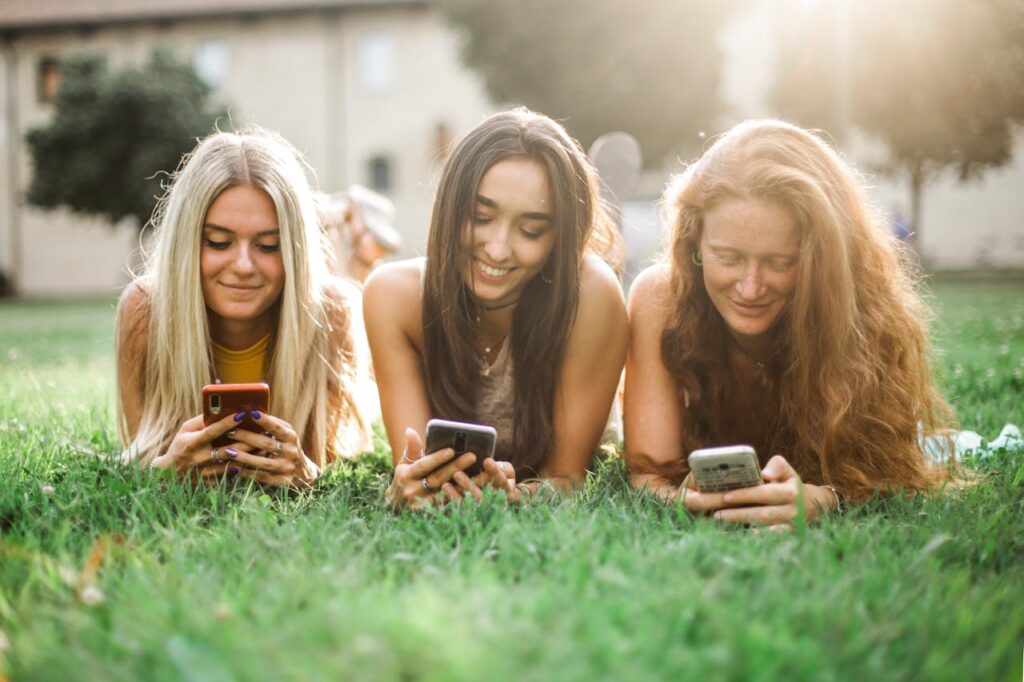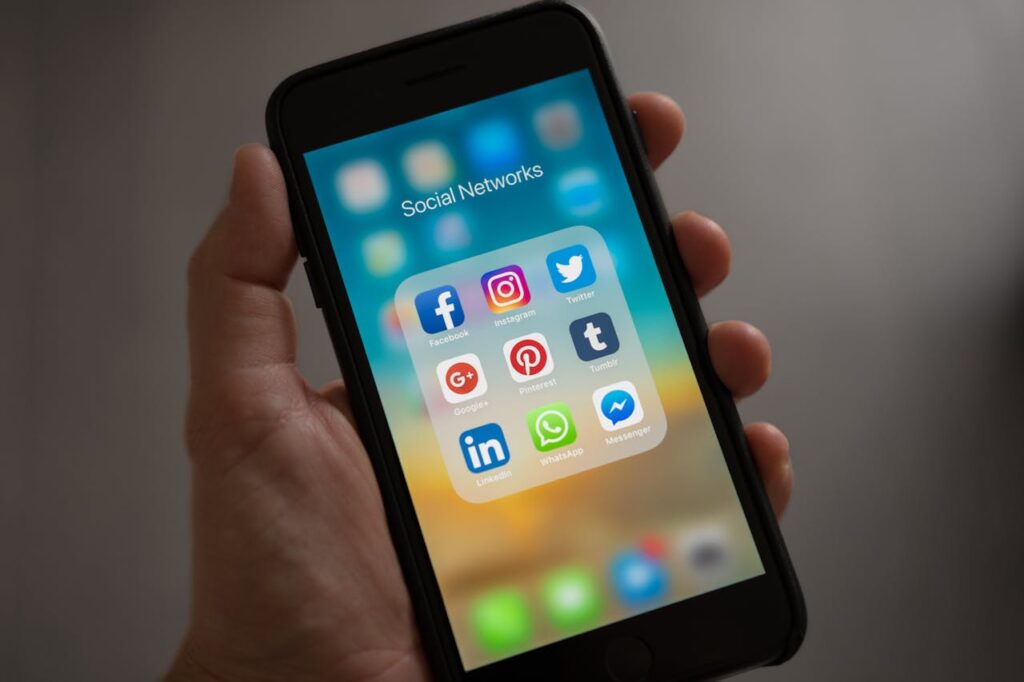Social media has changed the way we connect, share, and stay informed. While it helps us stay in touch with friends and discover new ideas, it also comes with challenges. The effects of social media can be both positive and negative, influencing our mental health, relationships, and daily habits. It can boost communication and creativity, but too much screen time may lead to stress, distraction, and even loneliness. Understanding these effects can help us use social media in a healthier and more balanced way.
My Love-Hate Relationship with Social Media
For years, I resisted social media. I didn’t even have Facebook, and I held off for a long time before getting an Instagram account. It felt unnecessary, and honestly, I didn’t have time for it.
Posting updates, curating the perfect pictures, and keeping up with trends seemed exhausting when I was already juggling so much. But eventually, I gave in and created an Instagram account—thinking I’d just use it occasionally.
Now, I see both the good and the bad. Sometimes, I find myself mindlessly scrolling, especially when I have time to kill. What starts as a quick check turns into an hour (or more) of watching videos, reading posts, and getting lost in the endless feed. And afterward, I feel bad—like I wasted time that could’ve been spent doing something more productive.
The effects of social media are real—it’s addictive, it pulls you in, and before you know it, you’ve lost track of time. While I try to be mindful of my usage, I still struggle with finding the right balance between enjoying it and not letting it take over my free time.
Rise of Social Media
Social media is everywhere today. Almost everyone uses it to stay connected, share moments, and keep up with news. Whether it’s scrolling through posts, watching videos, or chatting with friends, social media has become a big part of daily life.
The history of social media goes back to the early 2000s when platforms like MySpace and Facebook first became popular. Over time, more apps like Instagram, Twitter, TikTok, and Snapchat were created, making social media even more widespread.
Today, billions of people around the world use these platforms every day. The effects of social media can be seen in almost everything, from how businesses advertise to how people interact and get their news.
With social media growing so fast, it’s important to understand both its benefits and challenges. While it helps people connect, learn, and express themselves, it also affects mental health, relationships, and productivity.
The Effects of Social Media in Our Lives
Social media has become a major part of our daily lives, offering many benefits but also bringing challenges. Here are some ways overusing social media can impact our lives:

1. Effects on Mental Health
Social media can effect mental health in different ways. On one hand, it allows people to connect, find support, and learn new things. On the other hand, constantly comparing yourself to others can lead to stress, anxiety, and low self-esteem.
Seeing only the “perfect” moments of others’ lives can make people feel like they are not doing enough. To avoid this, it’s important to use social media in a way that uplifts rather than harms mental well-being.
2. Effects on Relationships
Social media helps people stay in touch, no matter how far apart they are. It allows for instant communication and easy sharing of life updates. However, it can also cause problems in relationships.
Too much time online can lead to less face-to-face interaction, misunderstandings, and even jealousy. Healthy relationships need real conversations and personal connections, not just messages and likes.
3. Productivity
Social media can have both positive and negative effects on productivity. It can be a helpful tool for work, education, and learning new skills by providing access to valuable information and networking opportunities. However, it can also be a major distraction, making it harder to stay focused.
Many people spend hours scrolling instead of completing important tasks, which can reduce efficiency. To minimize the negative effects of social media, setting limits and managing screen time can help improve focus and make better use of time.
4. Personal Growth
Social media can have significant effects on personal growth. It can inspire creativity, introduce new hobbies, and provide motivation for self-improvement. Many people use it to learn new things, explore interests, and connect with like-minded individuals, making it a valuable tool for personal development.
However, the effects of social media aren’t always positive. Constantly comparing yourself to others can create unrealistic expectations and lead to self-doubt. To use social media in a healthier way, it’s important to follow content that adds value to your life rather than making you feel pressured to be perfect.
Finding the Balance

Social media is a powerful tool that shapes the way we connect, learn, and spend our time. Its effects can be both helpful and harmful, depending on how we use it. While it continues to evolve and influence our daily lives, finding a healthy balance is key.
Being mindful of our social media habits allows us to enjoy its benefits without letting it take over. By using it with intention, we can reduce the negative effects on our health and well-being while ensuring that social media adds value to our lives instead of controlling it.














